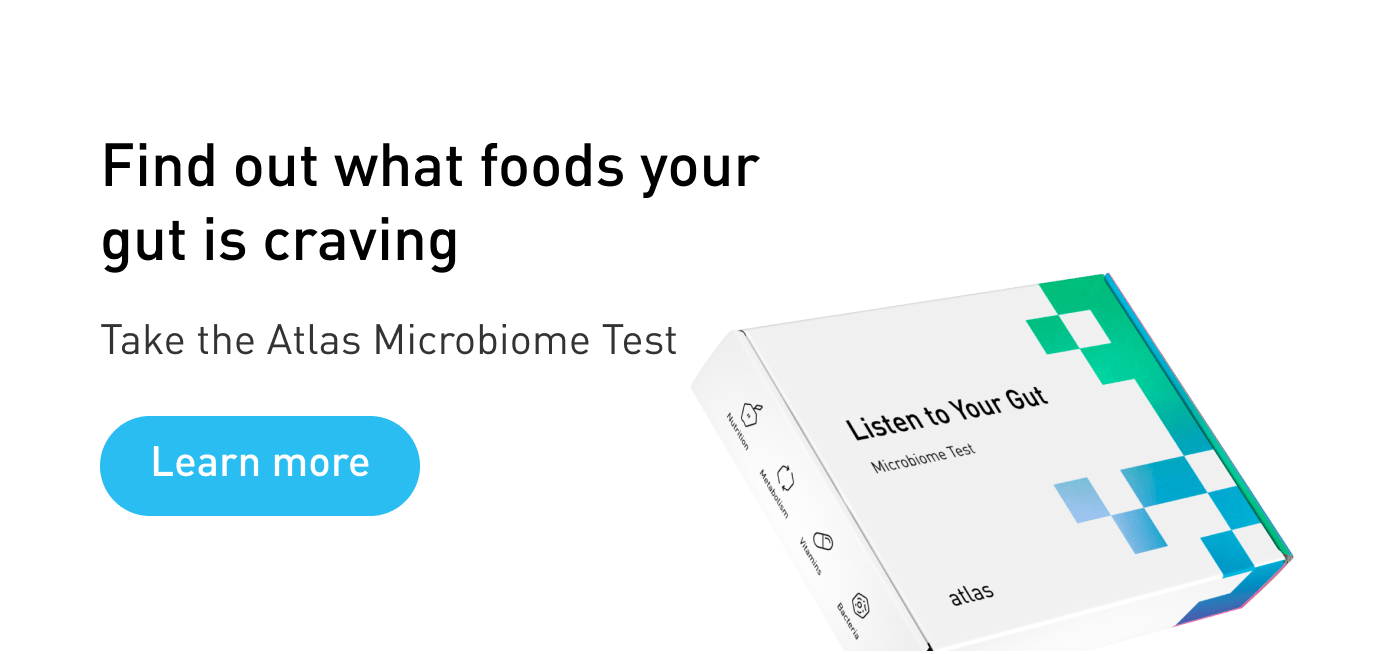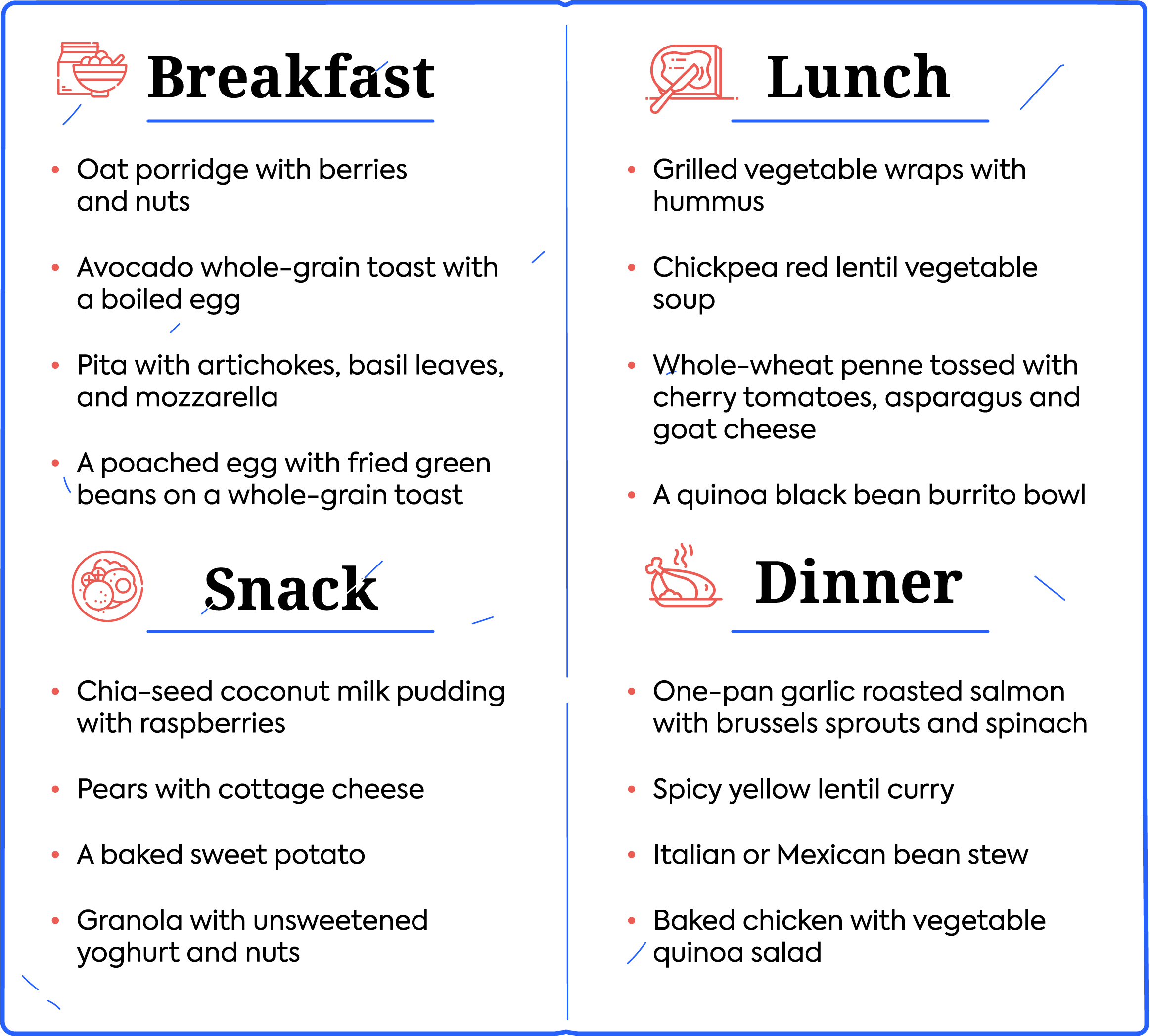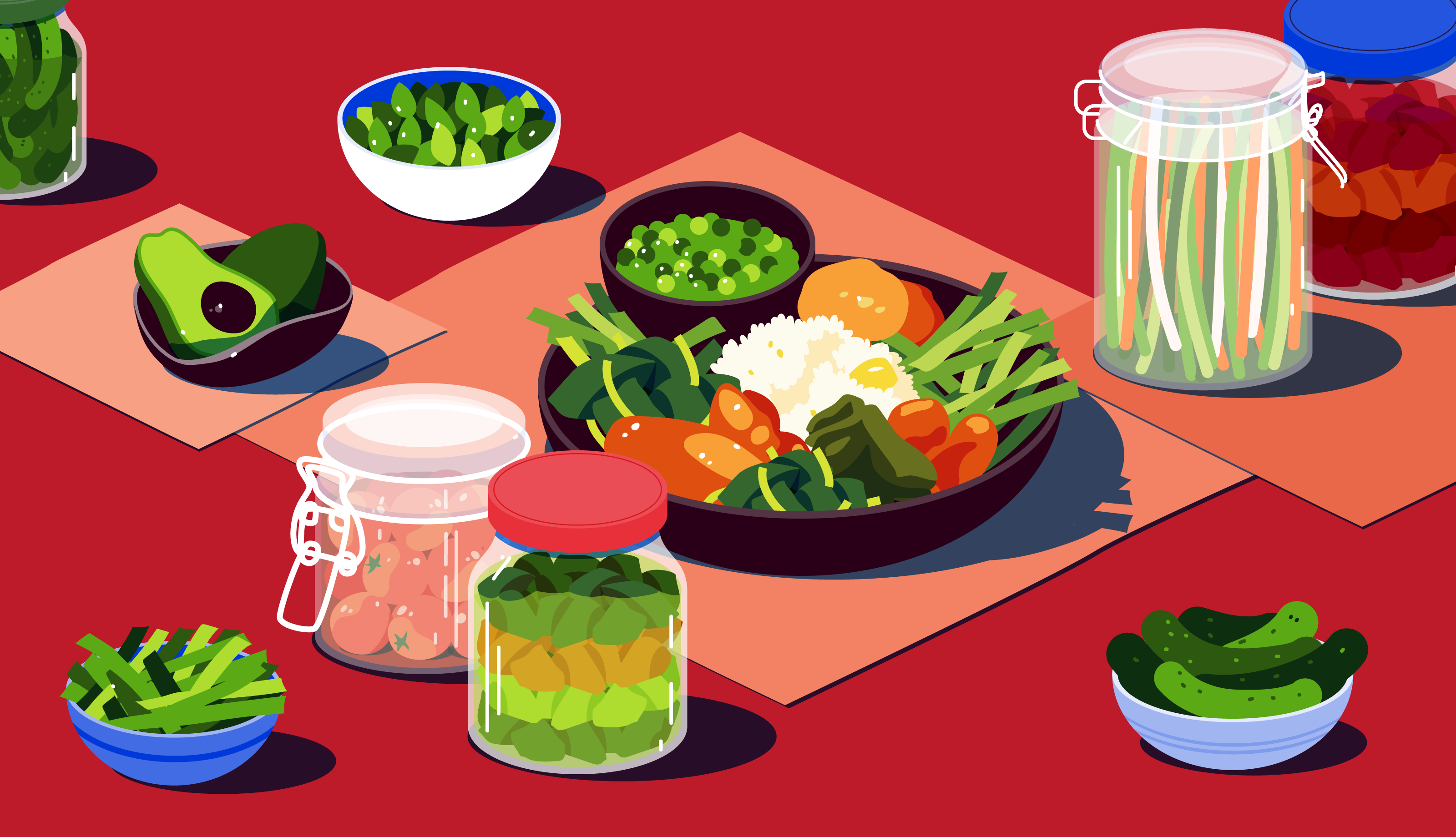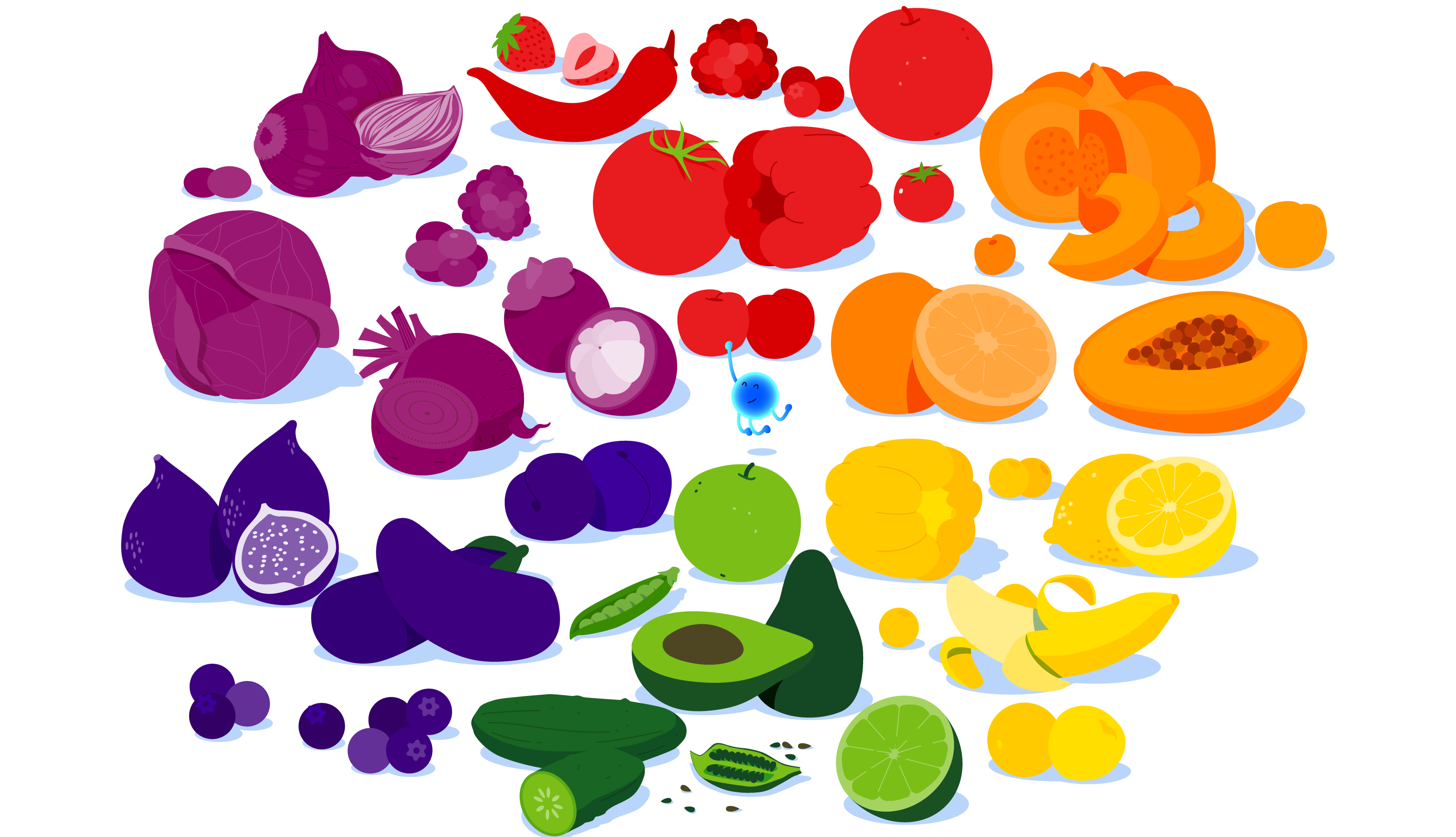In the age of the pandemic, many of us have taken our newfound free time and used it for self-care and self-improvement, but there may be an area of your life and body that you’re neglecting: your gut health.
Your gut is home to trillions of bacteria that can help or hinder your health. An unhappy or unbalanced gut microbiome (dysbiosis) can cause countless knock-on effects for the rest of your body’s overall well-being, and it could be a reason why you’re not seeing the results you want on your self-care journey.
Many researchers and scientists refer to the gut microbiome as the body’s “second brain” because of something called the gut-brain axis, which is how the central nervous system in your brain and the enteric nervous system in your gut communicate information throughout the body.
Because of this connection, your gut health plays a crucial role in making sure your body is performing at its best.
So what can you do to take care of your gut microbiome and better your health? In this article, we’ll go over some of the best ways to fuel your gut and easy ways to incorporate these changes into your everyday routine and self-improvement journey.
Table of Contents
- 1. Exercise to improve gut health
- 2. Probiotics and fermented foods
- 3. Stress relief for a healthier gut
- 4. Eat the rainbow for a happy gut
- 5. Get a good night’s sleep
1. Exercising to improve gut health
We all know that exercising is important for our health, but did you know it also helps to maintain the health and diversity of your gut microbiome? Microbial diversity is key to having a well-functioning gut, and people who exercise regularly tend to have more beneficial bacteria in their gut microbiomes.

Making time for exercise a few times a week doesn’t have to be a chore, and it doesn’t always mean hitting the gym or hopping on the treadmill to run a few miles (but if that’s your style, go for it). If you want something calm and relaxing, taking daily walks is a great form of exercise. If you need motivation or want to try something new, signing up for spin classes or yoga could be fun.
☝️ The goal isn’t to torment yourself, just to get your heart rate up for 30-60 minutes a few times a week and let your gut microbiome flourish.
2. Probiotics and fermented foods
At this point, many of us have heard the buzzword “probiotics” floating around on social media and the possible benefits they can have for our health - but what are they? Probiotics are live bacteria that have proven benefits for your gut, metabolism, and even your mood and mental health.
Many companies make supplements as a quick fix for getting your daily dose of probiotics, but the efficacy of these products varies. A better way to add probiotics to your diet is through fermented foods. Fermentation happens when bacteria break down and transform the substances in a food or drink to give it a different flavor and enhance its nutrients.

☝️ Fermented foods like probiotic yogurt, kombucha, and kimchi provide your gut with healthy live bacteria to help your microbiome thrive.
3. Stress relief for a healthier gut
Stress is the body’s natural response to any perceived threat or danger to keep you safe, but when you experience stress, the body shuts down its non-essential processes, including digestion, which can have consequences for your gut health.
But we live in a busy world with hectic jobs and new added stressors everyday, how are we supposed to stay stress-free? Living a completely zen and stress-free life is nearly impossible, but finding time in your day to relax and reflect can certainly help. You can journal, watch your favorite TV show, or even do a face mask and just let yourself decompress. Do what makes you happy and don’t feel guilty for prioritizing yourself.
☝️Managing your stress levels is important for your physical health and your mental sanity, and your gut will thank you for it too.
4. Eat the rainbow for a happy gut
Colourful plant foods provide an abundance of antioxidants and anti-inflammatory molecules, like polyphenols, to support your health and gut.
By eating 30+ different fruits or veggies to your diet every week, you’re increasing your body’s natural ability to reduce oxidative stress and filling your gut with healthy plant fibres and prebiotics that feed your gut microbes and keep your microbiome happy.

☝️For more tips on how to follow the rainbow diet and whichs food to add to your meals, check out our Eat The Rainbow guides!
5. Get a good night’s sleep
Sleep is crucial for both your physical and mental health. It’s the time where your body repairs and heals itself from the damage of the day, your brain stores and processes the new information you’ve gathered, and your nervous system has some time to relax. But to do this requires good sleep, both in quality and in quantity.
The circadian rhythm of your body not only affects your sleep patterns, but it can also affect the rhythm of your gut microbes. Their activities, as well as the activities of the hormones that control satiety and hunger, depend on your body getting quality sleep at the right times. When your sleep schedule is out of whack, they can’t perform their jobs properly, which in turn can lead to an increase in appetite, food cravings, and weight gain.
☝️ Taking care of your gut health means getting a good night’s sleep every night because neither can happen without the other.




















